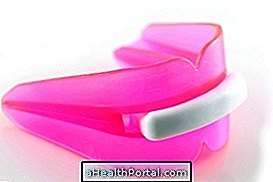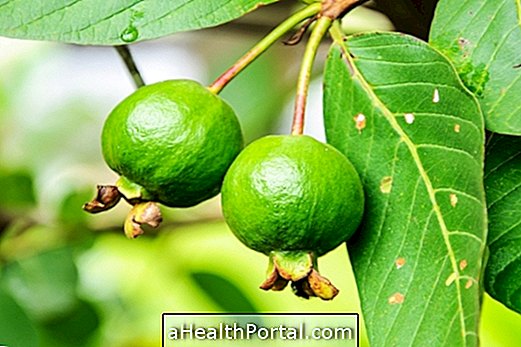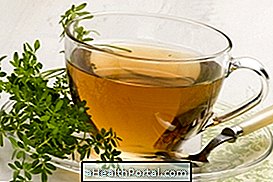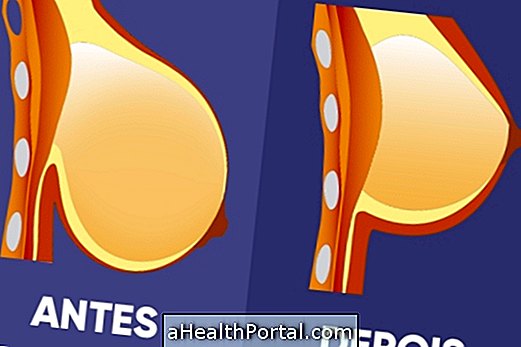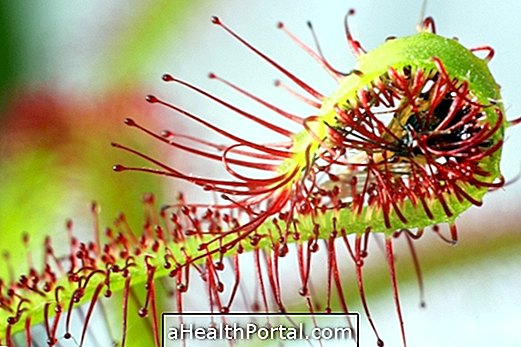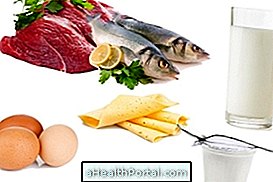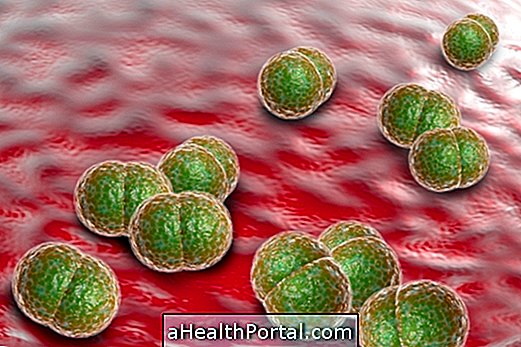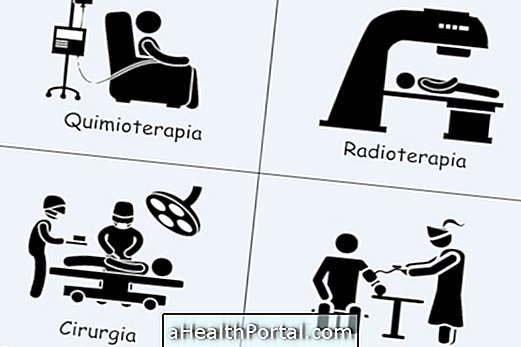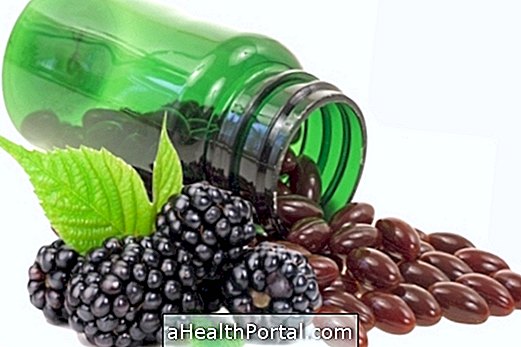Care and treatment of phenylketonuria in the baby should be guided by the pediatrician, but the main care is to avoid foods rich in phenylalanine, which are mainly protein-rich foods such as meats, fish, milks, cheeses and eggs. Thus, parents of the baby with phenylketonuria should be attentive to feeding the child, both at home and at school.
In addition, exclusive breastfeeding is also advisable, but under the guidance of the pediatrician, the mother can breastfeed the baby at certain times and feed her with artificial formulas without phenylalanine during the remainder of the day, thus ensuring adequate vitamins and minerals for the growth and development of the baby. Learn more about how to breastfeed a baby with phenylketonuria.
Infant formulas for phenylketonuria
Infant formulas for phenylketonuria do not contain the amino acid phenylalanine, and should be given to the baby daily to supplement the food and ensure the supply of the nutrients needed for proper growth. Some examples of these formulas are:
- PKU Med A;
- PKU Med B;
- PKU Med C;
- PKU Anamix;
- PKU 1, 2 and 3;
- PHENYL- Free 1 and 2.
The type of formula to be used varies according to the age, weight and digestive capacity of the baby, and therefore each patient should have an individualized diet prescribed by the doctor or nutritionist.


General feeding care
The main care that the parents of a baby with phenylketonuria must have is with the food, as this should be poor in the amino acid phenylalanine. The main foods that are banned in baby food are those high in protein such as meats, fish, eggs and milk and dairy products. Other foods that also contain phenylalanine and should be avoided are wheat flour, soybeans, beans, peanuts, nuts and industrialized foods like cakes, cookies and ice creams. See a list of Foods rich in Phenylalanine.


They should also be aware of infant feeding in day care or school, and in the home of relatives and friends, as people who do not know about phenylketonuria may end up offering prohibited foods in their diet to the baby. See how the treatment for phenylketonuria should be.
Symptoms of phenylketonuria in the baby
To prevent the development of symptoms of phenylketonuria, which are usually irreversible, simply control the amount of phenylalanine offered in the baby's diet.
The main symptoms of phenylketonuria in the baby include:
- Delay in growth and development;
- Frequent itching of the skin;
- Urine, skin or breath smelling of mold;
- Very light skin;
- Small head.
However, these symptoms only arise when there is an accumulation of phenylalanine in the blood, which can be avoided by providing adequate nutrition to the baby.
Other more serious complications may occur if the baby is exposed to high doses of phenylalanine for a long time, such as learning disabilities, severe mental retardation and seizures. See the Consequences of phenylketonuria.

